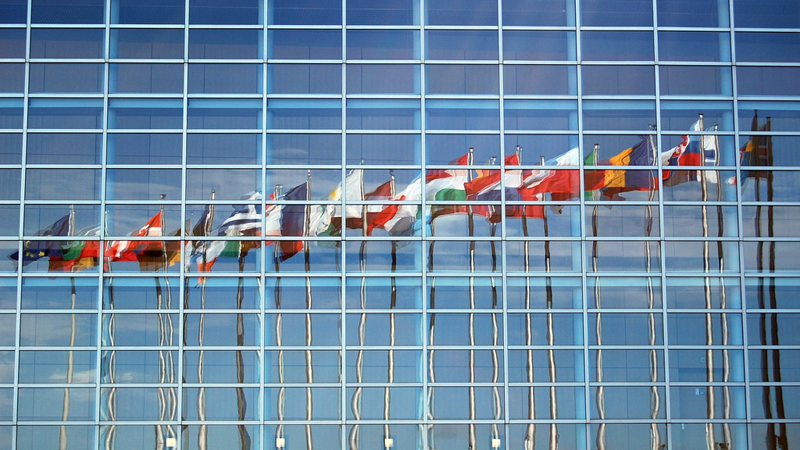The European Parliament has agreed to push to curb the access of fossil fuel lobbyists at international climate negotiations.
MEPs on Wednesday voted for a motion that gives a European Parliament delegation to the UN Framework Convention of Climate Change (UNFCCC) meetings license to encourage countries to limit the access of organisations that could dampen the ambition of the process.
Swedish Green MEP Max Andersson, who was instrumental in tabling the motion, said countries at the talks could now point to European Parliament’s stance to make sure the issue of corporate lobbying stayed on the agenda. He told DeSmog UK: “As a member of the European Parliament, I see the impacts of corporate lobbying every week…
“The coal and oil lobby have enormous economic incentive in trying to get the solutions postponed. They want to burn as much coal and oil as possible. And we see that they are lobbying at the climate conferences, and we think it has an impact.
“Organisations that don’t even want the Paris Agreement to exist should not be observers at the climate conference. We could just have that as a starting point.”
The motion states that the European Parliament: “Welcomes the inclusiveness of UNFCCC‘s process; considers that ensuring effective participation requires that the issue of vested or conflicting interests be addressed; in this context, calls for all participants to the process to put in place guidelines or procedures that enhance openness, transparency, and inclusiveness without compromising the aims and objectives of the UNFCCC and the Paris Agreement.”
Countries are set to meet in Bonn for two weeks from 6 November for the next round of talks.
At recent meetings, climate-vulnerable countries have pushed for stronger curbs on corporate participation. They propose measures similar to article 5.3 of the World Health Organisation’s Framework Convention on Tobacco Control, which was adopted to protect policies from the vested interests of the tobacco industry.
Prior to the last round of talks in Marrakech, a report by NGO Corporate Accountability International (CAI) showed the influence that more than 270 business and industry groups had on the negotiations.
“Right now hundreds of business trade associations have access to the climate talks, and many of them are funded by some of the world’s biggest polluters and climate change deniers,” CAI’s Tamar Lawrence-Samuel, said in a statement at the time. “With so many arsonists in the fire department, it’s no wonder we’ve failed to put the fire out.”
This article was first published by DeSmog UK
